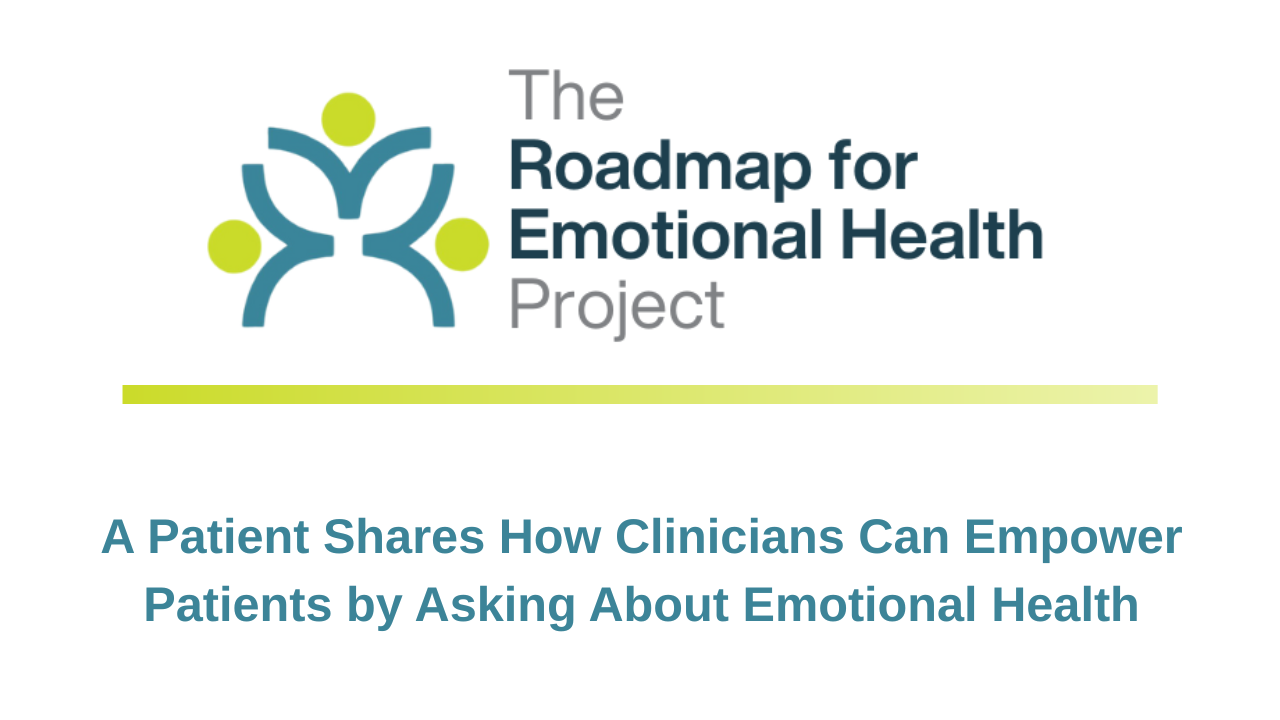Roadmap for Patients and Families
Evidence shows people living with a chronic condition and their family members can experience increased stress and potentially struggle with emotional health concerns. Co-created with patients, families, clinicians, and psychologists, Roadmap seeks to ensure addressing emotional health is a routine part of excellent care.
Simply asking “How are you doing?” can have an immediate and positive impact on patient and family emotional health. Hear Meg Didier share what this means to her as a patient in the video linked to the right, and hear from others in Roadmap’s “How are you doing?” video.
Creating a Crisis Plan
To support families during high-stress situations, we’ve created a crisis planning guide. This document is designed to support parents and families in preparing for and navigating challenging moments with their child. It will guide you through creating a personalized crisis plan, outlining clear steps to take before, during, and after a crisis. Inside, you'll find practical strategies for staying grounded in the moment, communicating effectively, and ensuring safety for everyone involved.
“The best time to develop a crisis plan is when things are going well.”
Helpful for: Clinicians, training program directors, and trainees

Evidence Demonstrating the Emotional Impact of Living with a Chronic Illness
People with serious medical conditions, have a higher risk of emotional, social, and behavioral problems. Roadmap has adapted the American Heart Association Scientific Statement so that it can be shared as it applies to all chronic conditions.
Help Roadmap Reach More Clinicians
Patients and families are vital partners in helping The Roadmap for Emotional Health Project reach more people and organizations to make addressing emotional health a routine part of excellent care. Co-designed with patients and families, talking points and a one-page summary are available to help you share more about Roadmap when connecting with organizations in your community.





